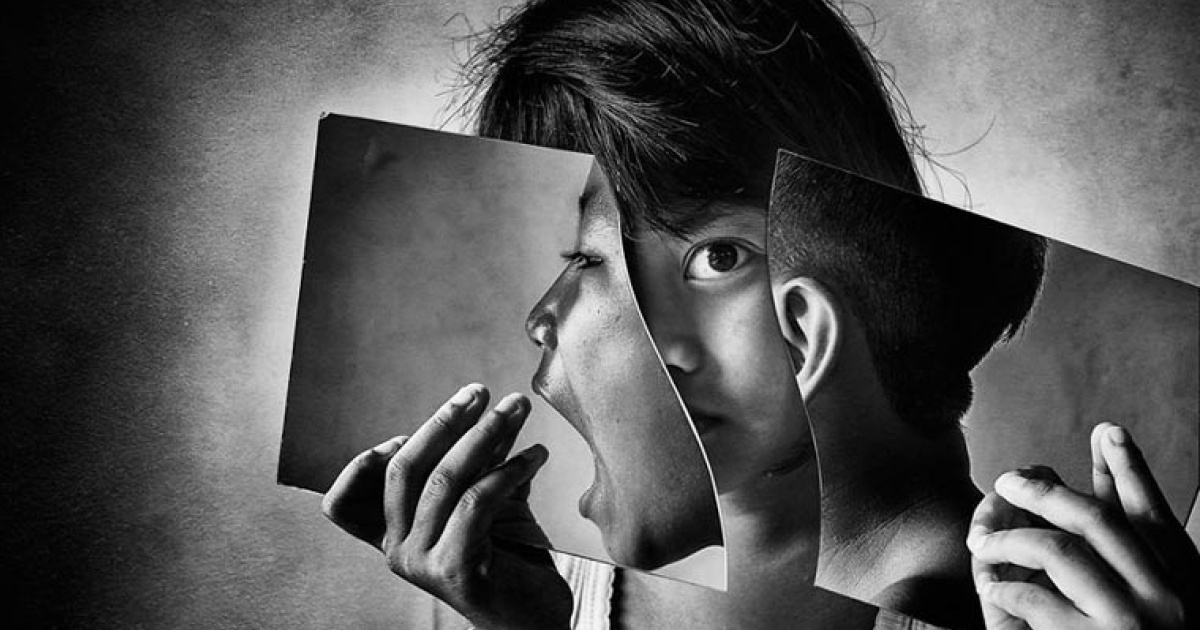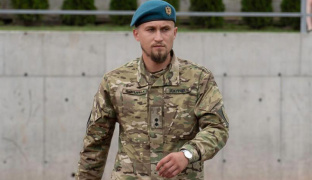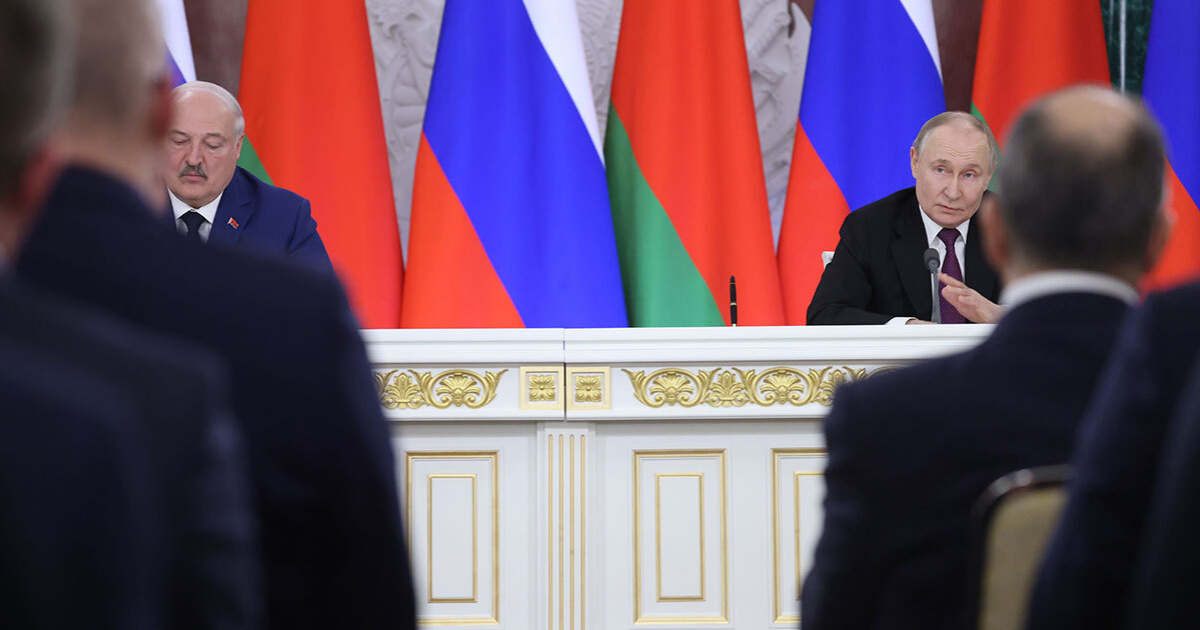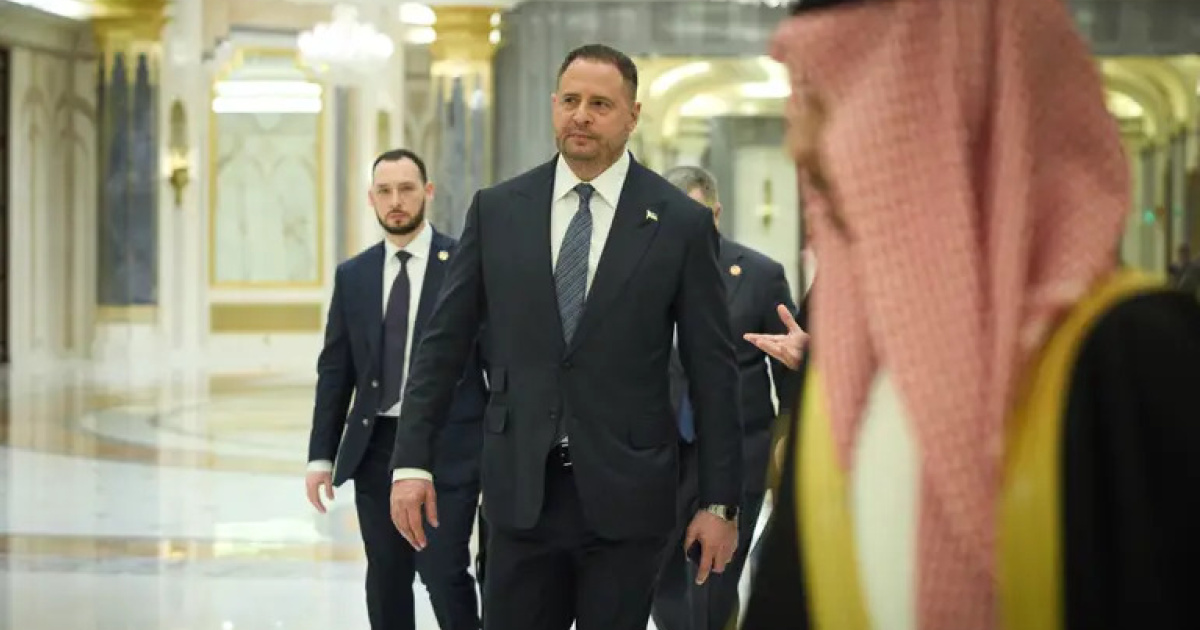
"With a Ukrainian biometric passport, she flies to London; with a russian one, she comes here", - my acquaintance proudly says about his relative, who, like the clever calf from the old fable, suckles from two mothers. Having principles nowadays is either a sign of madness or a trait of a media personality—someone who is obligated to explain to the masses from the TV screen what is black and what is white.
For most people, two pensions, two passports, and a spotless biography are seen as a mark of exceptional cunning. In private conversations, many admit that they go through Ukrainian identification and enjoy a nice bonus to their russian pension in the form of a Ukrainian one. And it's often not just an ordinary citizen saying this, but someone who is fiercely loyal to the "republic", whose children work in its government structures or fight in its forces. Holding firm to a single set of beliefs is no longer in fashion.
An elderly acquaintance of mine beams with admiration (as do many of her peers) at putin’s actions: "What a genius, such a genius. He does everything so correctly!" Yet her views don’t stop her from traveling to Ukraine twice a year to complete her identification process and withdraw hryvnias from her bank account, which she then exchanges for rubles and spends back in the "republic". Her beliefs, convictions, and travels never intersect, they are like two separate galaxies.
A friend of mine, after ten years of waiting for Ukraine to return to Luhansk, has revived his business in the "capital". Not directly—he's not allowed to enter the "republic"—but through former subordinates. His retail chain once had a foreign name, but now it's been rebranded with a traditional russian one, currently in vogue. Everything is on-trend. That's what you call switching sides. Yet his business in the "republic" doesn't stop him from hoping for Ukraine’s return and the chance to come back here, but he waits without hardship, making sure that any possible outcome will work to his advantage. And money, as we all know, doesn’t smell.
Stories about getting all the passports for the children are shared only with trusted friends. And often, while arranging opportunities for their children to leave, parents ended up losing them. Sons, seeking to avoid the risks of mobilization (whether by russia or Ukraine) chose to live in Denmark, Sweden, Poland, or Germany. The temptation of living abroad was an extension of a childhood dream about the mythical benefits of foreign lands, where everyone gets what they deserve and, if you work hard and honestly, you can live quite well.
In a family I know, for all ten years, the parents prepared their sons for Ukraine’s return. The boys studied remotely in a Ukrainian school, got Ukrainian passports when the time came. And both left abroad—not to wait, but to live—tired of their parents' decade-long promises about Ukraine coming back. Now, on top of all their anxieties, the parents have one more enormous fear for their sons, who have started a completely new life on foreign soil.
There are countless stories of divided families with children scattered across the world. The common narrative is always how well the children are doing abroad. And, almost casually, parents add that they regularly send them money from here. Doesn't quite add up, does it? It turns out that for success and a comfortable life abroad, some lack the decency of the locals, some lack language skills, and some simply lack citizenship.
When parents retell the stories of their children abroad, they are always euphoric: Everything is great! Traveling, attending fairs, a carefree life lived day by day. But then, more details start to emerge: they were deceived, they weren’t paid, they don’t have money to leave. Their children always have access to their Ukrainian pension bank account, so that parents from here help their kids there. And then, they move to different countries in hopes of finding a better place…
A strange and intricate pattern of fates. My neighbor rolls her eyes: her son first lived in Sweden, now in America. The story for outsiders is about how amazing he is and how, at first, he had a Swedish landlady who just wouldn’t let go of him because he did everything around the house for her. Then, an American landlady praised him, and if it weren’t for his lack of language skills, he would have achieved so much already. But there is always an unspoken ellipsis behind this: she can’t visit her child, the prospect of seeing him again is uncertain, and his future is highly questionable.
No one talks about work in Ukraine. Receiving a pension is one thing —“a rightful entitlement”—but working? That’s a crime. And the ways people make money are always concealed. But in every story, the children who left are always victims of circumstance: “What else were they supposed to do?”
Putin is always the hero, someone you can just appeal to, and he will fix everything. Stories about the “hotline” come to mind, where a single letter solved everything: problems with pensions, documents, even restoring justice.
And somehow, very unexpectedly, life has started to get better amid all these changes. That’s something no one dares to say out loud. Something that can never be spoken about directly. Teachers are now traveling to Dombay and Arkhyz, kindergarten staff can afford not only summer vacations but short trips any time of the year.
Teachers no longer bear the heavy cross of being the most miserable people. Suddenly, everyone realized that albeit selectively, but life has improved. Houses are being built, mortgages are being granted, and real estate prices have skyrocketed. And when talking to a friend who left for Ukraine, you, without boasting, yet making it perfectly clear, let them know that you are doing just fine.
It’s especially good for those whose families weren’t torn apart by war, who live near their parents and see their children, who aren’t burdened with handling utility bills for relatives who left or dealing with inheritance matters. And without the ability to compare, you come to the conclusion that those who left have it worse, even if they claim otherwise. Of course, everyone’s situation is different, but right here, right now, at this very moment, everything is fine.
It’s difficult to talk about expectations. Those whose children have left wait to see them again. Those selling real estate talk and think only about that. The rest live their ordinary lives with all its worries: kids' school, work, home…
And those who have fallen into the grind of accusations, who are under investigation—it's best to have no contact with them at all. It’s a huge tragedy, the Bermuda Triangle of their family. Though those caught in this tragedy speak of it rarely and reluctantly, that’s just another facet of life here.
By Olha Kucher, Luhansk, for OstroV




